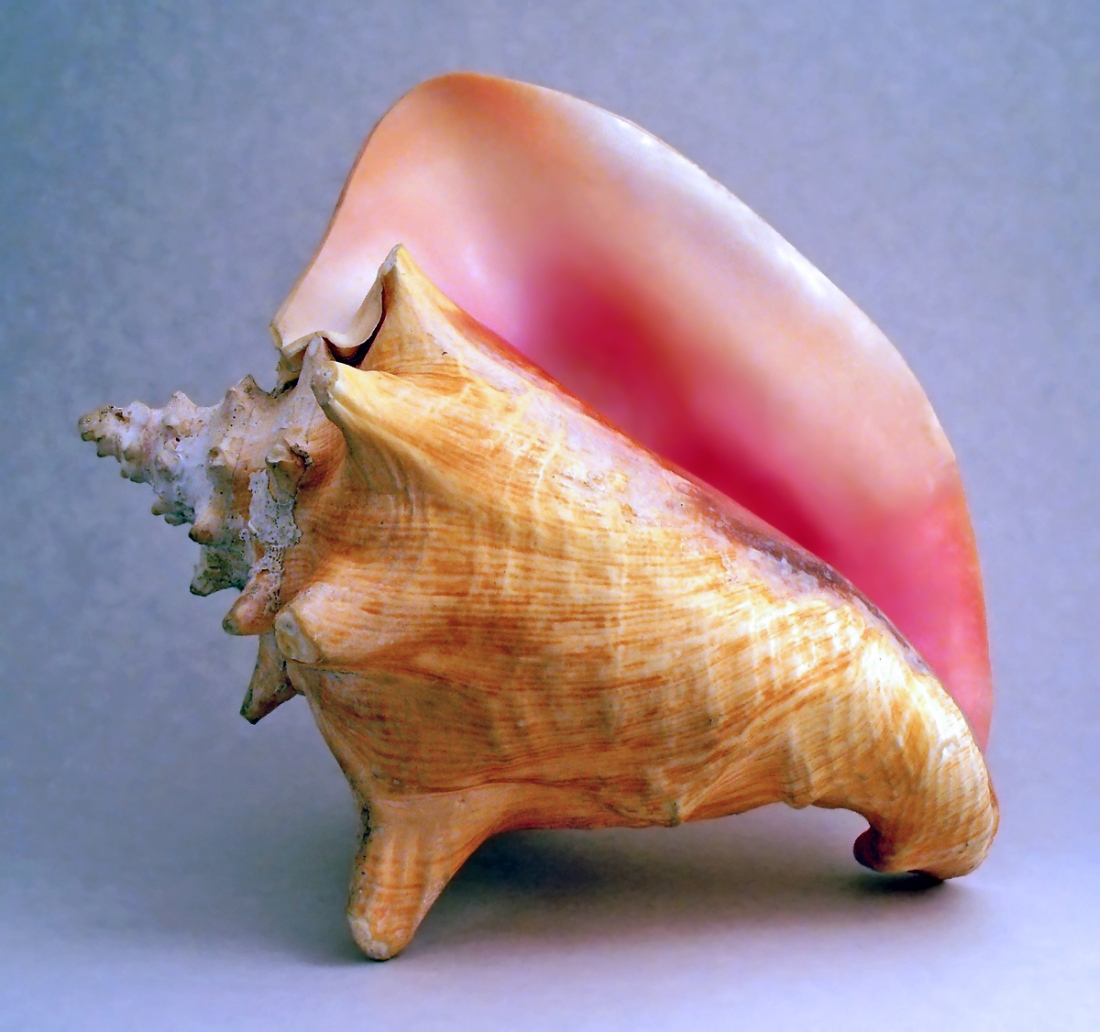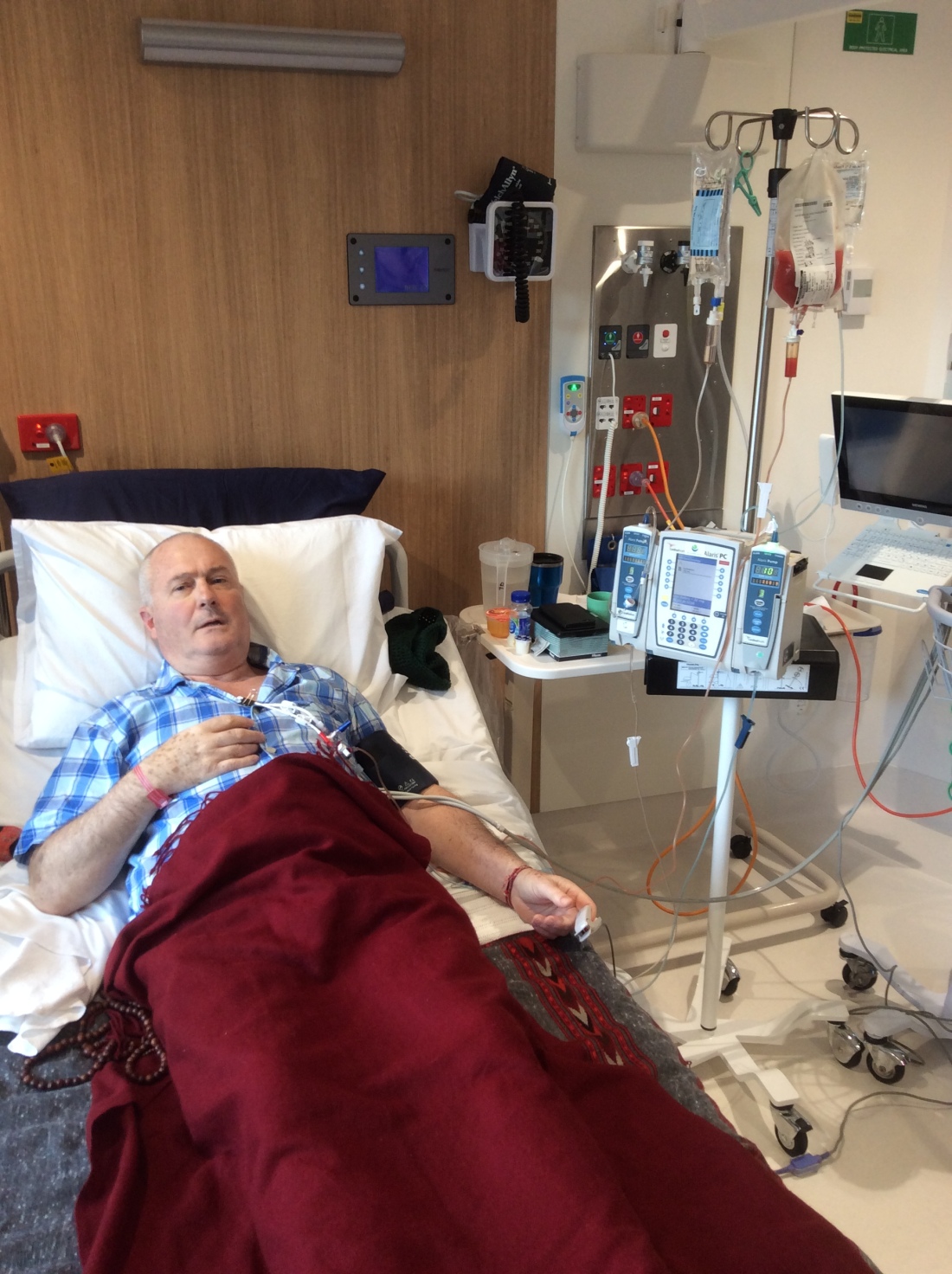After several days (day 7 onward) of flatlined blood readings, a prerequisite for what lay ahead as it meant all functioning marrow had been poisoned and killed, I was primed to receive my stem cell transplant. A tabula rasa awaiting inscription. By this stage the heavy chemo had kicked in with such vengeance I had trouble connecting the simplest thoughts. Most of the time was spent hovering in a miasma between them. Death was a void beneath my feet. I remember sitting on the side of my bed, stupefied, semi-hallucinatory, for hours, for days on end, contemplating the enormity of taking just a few steps to the toilet. On massively swollen dead-elephant feet.

Then the nurse, unannounced, arrived, donor stem cells in hand. It was finally D day. Day Zero the doctors officially called it, whether with cheeky wit or heavy premonition I can’t tell. You will notice it has been marked in abbreviated form on the top left corner of the blood chart whiteboard. In terms of life, I was to be jump-started, again – from scratch. And it was perilous. I could only go forward never back as my own stem cells were history. Written off completely.
After several words of introduction she hung the bag on the trolley-stand and inserted the tube into my Hickman. Only the faintest ghost of a smile. Yet not a unkind one. Apparently she was resistant to anything other than the bare orthodoxy of hospital techno-rituals while I, for my part, cast around for registration of the awesome significance of what was to occur: I was about to receive a stranger’s stem cells which, presumably, would migrate and replace the function of my own deceased ones. Why didn’t the entire hospital shake at the import of this supernatural event? Why didn’t the heavens change colour and open? Yes, this was narcissistic projection, delusional cosmic grandiosity, but heh! Here was a monumental crescendo, a veritable Everest, in the otherwise humble arc of my all too human narrative.

Then I noticed. The stem cells in their bag were a gentle luminous pink. Opalescent. Tenderly luscious. Softly gleaming. My thought: they are the color of the inside of a conch shell. Somehow this association comforted me. It was as though the stem cells, an alchemical elixir, had been distilled from the ephemeral bodies of deep sea crustaceans! My donor, my English donor (who remains anonymous due to strict transplant policy) had been custodian of this prehistoric/preta-natural gift. Via his/her kindness, the stem cells had been extracted, transported thousands of kilometres in a locked refrigerator attaché case, sped through customs and were now being siphoned into me continents away. It was my job to provide the continuum for their survival. I was to house them. And feed them. And care for them even if they dwelt at ocean depths far beneath the agitation of awareness, let alone circadian rhythms.


What did remain apparent: they were not me. But somehow would be incorporated into me. And in the future my body would grow out of them (one thinks of how hardened convoluted shell unfolds impossibly from a bed of wobbly jelly) for they would be entirely responsible for producing my blood, and an entirely new immune system–if I was lucky–from the most primitive cellular level, upwards. I would be entirely at the mercy of their reproductive resilience but also, in an intriguing twist, they would be entirely dependent for their survival upon me. Ha Ha. Yet, in an important sense, so ancient were they the discrete agency of donor and host was subtended. In the strictest microbiological terms (and what other terms prevailed?) we (giver and recipient) were equally their servants. Our lives would be inconceivable without them. In fact our debt had always been complete.
I thanked my donor from the bottom of my heart and offered up all my happiness, vowing : due to receiving this gift may all their present and future sufferings ripen upon me.[1] You will be comforted to hear my intent was unalloyed by self-interest. Not counterfeit but sheer. Indescribably real.
The stem cells were mute witness to the fact that it was they who had linked together two strangers whom otherwise might never have met. Or met so tangibly. As the cells decanted, immaculate pink drop by drop, my realisation also dawned: we, donor and recipient, were no longer unrelated. Or had we ever been? We who were karmically fused forming a splendid and altogether unprecedented chimaera. Clanking wet scales and all. Intent on attaining some unimaginable shore. Inclined, magnetically, towards an unfathomable vocation. Who knows what, now organically united, we would do next? Or of what we were finally monstrously, zygotically, capable?
The nurse remained oblivious. But in my mind’s eye, as she busily scrubbed her hands, and readjusted her single lock of swinging punkish purple hair, she sensed something preternatural. Uncanny. And fled. For a well-earned cup of tea.
___
[1] My reference was to the quintessential mind-training instructions or precepts for generating Bodhichitta. In The Easy Path, Gyumed Khensur Lobsang Jampa notes three famous verses which, as special methods for generating love and compassion he recommends we memorise and apply to our mind or recite “aloud, whether walking, driving, working, eating, spending time with your family, or whatever.” He details:
Shantideva’s Guide to the Bodhisattva’s Way of Life contains many excellent verses for this purpose, including:
Whatever the miseries of sentient beings may be,
may they ripen upon me alone.
The Guru Puja also has many excellent verses such as:
And thus, perfect, pure, compassionate gurus,
I seek your blessings that all karmic debts, obstacles,
and sufferings of mother sentient beings
may without exception ripen on me right now
and that I may give my happiness and virtue to others
and thereby install all beings in bliss.
There’s also a powerful verse by Kashmiri Pandita that says:
If I experience happiness,
I give it as collected offerings to the gathering–all sentient beings;
by virtue of this, may happiness fill the extent of space.
If I experience suffering,
may I be able to bear the sufferings of all sentient beings
and dry out the ocean of sorrows.
See Gyumed Khensur Lobsang Jampa, The Easy Path: Illuminating the First Panchen Lama’s Secret Instructions. Edited by Lorne Ladner (Boston: Wisdom Publications, 2013), 169. See also 182-6 for a wider context and specific discussion of the pith practice of “Giving and Taking” (Tib: Tong Len) where one trains in giving away one’s happiness to others and taking upon oneself all others’ suffering, an endeavour all the more efficacious when one is confronted by acute challenges.